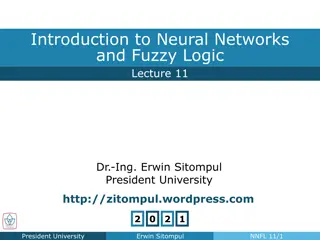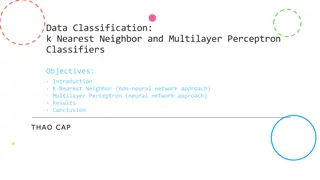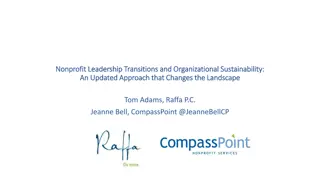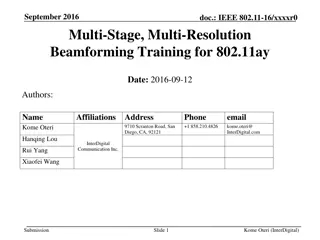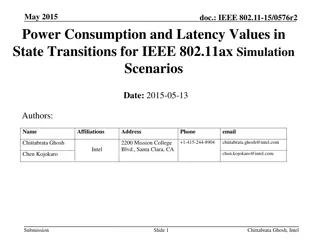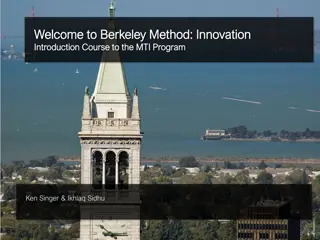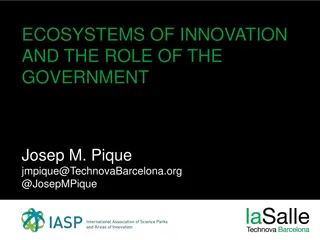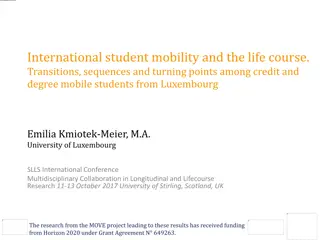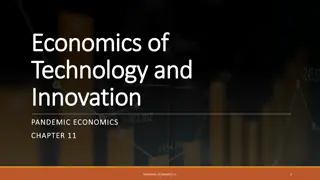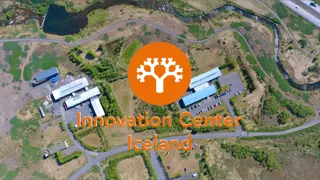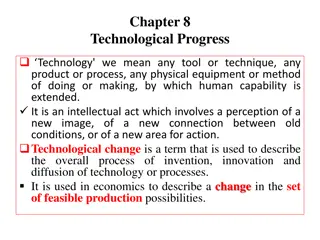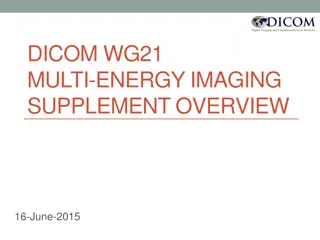Understanding Technological Innovation & Sustainability Transitions through Multi-Level Perspective (MLP)
Delve into the history and development of technological innovation from a socio-technical perspective, exploring concepts like niches, regimes, and landscapes. Learn from early references and key researchers such as Kemp, Schot, and Geels about transition pathways, regime shifts, and sustainable development. Gain insights into technological systems, evolutionary models, and socio-technical transitions towards sustainability.
- Technological Innovation
- Sustainability Transitions
- Multi-Level Perspective
- Socio-Technical Perspective
- Regime Shifts
Download Presentation

Please find below an Image/Link to download the presentation.
The content on the website is provided AS IS for your information and personal use only. It may not be sold, licensed, or shared on other websites without obtaining consent from the author. Download presentation by click this link. If you encounter any issues during the download, it is possible that the publisher has removed the file from their server.
E N D
Presentation Transcript
Multi-level perspective (MLP) NEST Session for Newcomers to Sustainability Transitions Research June 23rd, 2019 Lea Fuenfschilling
A little bit of history Focus: understanding technological innovation and diffusion as well as industrial change from a socio-technical perspective Combining insights from sociology of technology, STS, evolutionary economics SCOT/ANT Path-dependency, technological trajectories & paradigms Co-evolution of technology and institutions LTS Development of central concepts: niche, regime, landscape
Early references Kemp, R., 1994 Kemp, R., 1994. Technology and the transition to environmental sustainability: the problem of technological regime shifts. Futures 26, 1023 1046. Schot Schot, J.W., 1060 1076. , J.W., Hoogma Hoogma, R., , R., Elzen Elzen, B., 1994 , B., 1994. Strategies for shifting technological systems: the case of the automobile system. Futures 26, Rip, A. (1995) Rip, A. (1995). Introduction of new technology: making use of recent insights from sociology and economics of technology. Technology analysis & Strategic management, 7(4), 417-432. Rip Rip, A., Kemp, R., 1998 , A., Kemp, R., 1998. Technological change. In: Rayner, S., Malone, E.L. (Eds), Human Choice and Climate Change, Vol. 2. Battelle Press, Columbus, OH, pp. 327 399. Kemp, R., Kemp, R., Schot strategic niche management. Technology Analysis and Strategic Management 10, 175 196. Schot, J.W., , J.W., Hoogma Hoogma, R., 1998 , R., 1998. Regime shifts to sustain- ability through processes of niche formation: the approach of Schot Schot, J.W., 1998 , J.W., 1998. The usefulness of evolutionary models for explaining innovation: the case of The Netherlands in the nineteenth century. History of Technology 14, 173 200. Van den Ende, J., Kemp, R., 1999 Van den Ende, J., Kemp, R., 1999. Technological transformations in history: how the computer regime grew out of existing computing regimes. Research Policy 28, 833 851a. Kemp, R., Kemp, R., Rip Path Dependence and Creation. Lawrence Erlbaum, Mahwah, NJ, pp. 269 299. Rip, A., , A., Schot Schot, J.W., 2001 , J.W., 2001. Constructing transition paths through the management of niches. In: Garud, R., Karnoe, P. (Eds.),
Geels, F. W. (2002). Technological transitions as evolutionary reconfiguration processes: a multi-level perspective and a case-study. Research policy, 31(8-9), 1257-1274. Geels, F. W. (2004). From sectoral systems of innovation to socio-technical systems: Insights about dynamics and change from sociology and institutional theory. Research policy, 33(6-7), 897- 920. Geels, F. W., & Schot, J. (2007). Typology of sociotechnical transition pathways. Research policy, 36(3), 399- 417. Geels, F. W. (2010). Ontologies, socio- technical transitions (to sustainability), and the multi-level perspective. Research policy, 39(4), 495-510.
External factors Socio-technical system Co-evolution Path-dependency Stability Innovation Experimentation Socio-technical alignment Protection Diffusion
Future research: MLP as heuristic Don t replicate frameworks for the sake of it, focus on relevant research questions, interesting empirical phenomena and exchange with other communities Socio-technical, systemic perspective on transitions as ontology Interplay between stability and change, structure and agency Explaining path-dependency, co-evolution, persistence Explaining deviation, novelty creation, innovation Process perspective: Institutionalization and de- institutionalization Factor in questions of space and time Use different methodology and methods Make use of vast case study repertoire: use secondary analysis for further theorization


